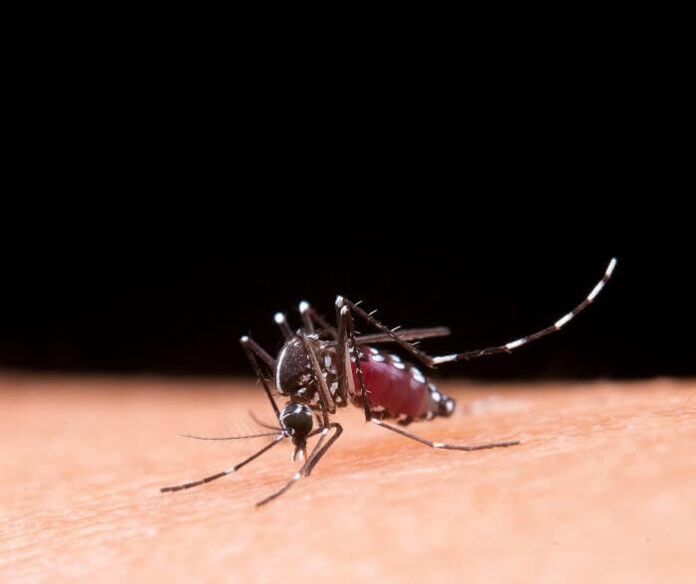Researchers from Leiden University Medical Center and Radboud University Medical Center in the Netherlands have demonstrated the promising safety and efficacy of a late-liver-stage attenuated malaria parasite vaccine in a small clinical trial.
As reported by medicalxpress, the trial focused on a genetically modified Plasmodium falciparum parasite, GA2, which induced a robust immune response and offered significant protection against malaria infection.
Malaria remains a major global health issue, with over 200 million cases and nearly half a million deaths reported annually. Sub-Saharan Africa, Asia, and Latin America are most affected, with young children and pregnant women being particularly vulnerable. The ongoing challenges in malaria eradication highlight the urgent need for more effective and long-lasting vaccination strategies.
Conventional malaria vaccines provide limited short-term protection, while whole-sporozoite vaccines using live-attenuated parasites offer a promising alternative. These vaccines stimulate the immune system by exposing it to a wider range of antigens, potentially leading to more durable immunity.
In the study, titled “Safety and Efficacy of Immunization with a Late-Liver-Stage Attenuated Malaria Parasite”, researchers conducted a double-blind, controlled clinical trial. The trial assessed the safety, side effects, and efficacy of immunization via mosquito bites using the GA2 parasite, designed to develop further within liver cells and expose the immune system to a broader range of antigens.
A total of 25 healthy adult volunteers with no prior malaria exposure were enrolled and divided into three groups: 10 received GA2, 10 received another parasite variant, GA1, and five received a placebo (uninfected mosquito bites). Participants underwent three immunization sessions at 28-day intervals, each involving exposure to 50 mosquitoes infected with the respective parasites or uninfected mosquitoes in the placebo group.
Three weeks after the final immunization, all participants were exposed to controlled human malaria infection to assess protective efficacy. The trial’s primary endpoints included the severity of adverse events and the development of blood-stage parasitemia (detectable levels of P. falciparum parasites in the blood).
Adverse events were mild and comparable across all groups, primarily limited to localized reactions such as redness and itching at the mosquito bite sites.
The efficacy results were remarkable. Protective efficacy was observed in 89% (eight out of nine) of participants in the GA2 group, compared to 13% (one out of eight) in the GA1 group and none in the placebo group. Participants immunized with GA2 showed no breakthrough infections, confirming the vaccine’s strong safety and effectiveness.
Immunological analyses revealed that the GA2 group had significantly higher levels of P. falciparum-specific polyfunctional CD4+ T cells, which exhibited a potent proinflammatory response. These cells produced key immune molecules, including interferon-γ, tumor necrosis factor α, and interleukin-2.
Interestingly, antibody levels against the P. falciparum circumsporozoite protein were similar between GA2 and GA1 groups, suggesting that GA2’s superior protection may be linked to its cellular immune response rather than antibody levels alone.
The study concludes that GA2 immunization shows significant potential as a malaria vaccine, with a strong safety profile and substantial protective efficacy. These findings support further investigation in larger and more diverse populations to confirm its effectiveness.
























